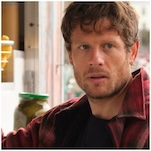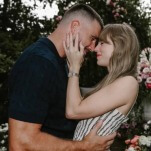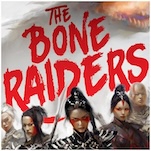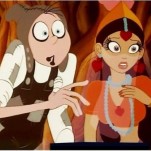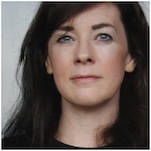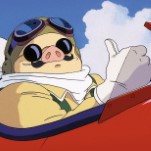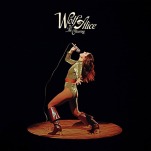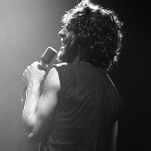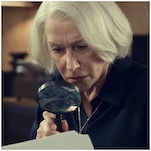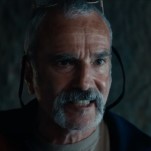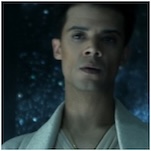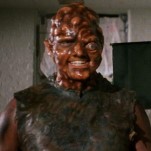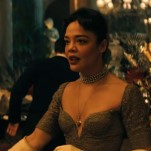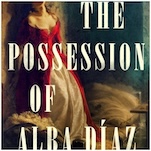Rachel Khong Finds the Humor in Loss in Her Debut Novel Goodbye, Vitamin
Photo courtesy Henry Holt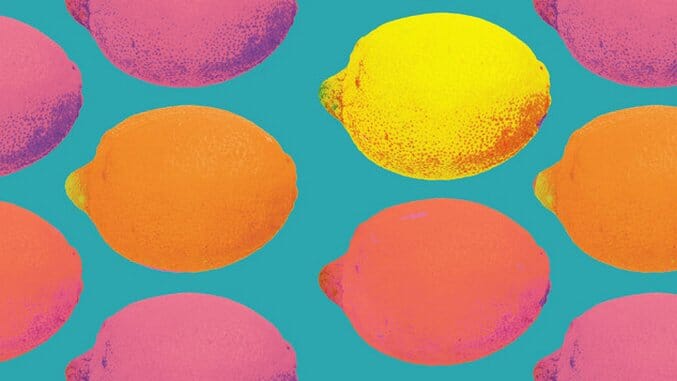
Rachel Khong’s debut novel, Goodbye, Vitamin, is a story about subtraction. Ruth, less a fiancé, leaves her job and moves back home to help take care of her father, who is experiencing dementia and has lost his job as a professor at a university. At Christmas, their family is down one child; Ruth’s brother won’t come home, because he hasn’t forgiven their father for years of pain caused by infidelity and drinking.
Ruth struggles to find her place at home until her father’s former teaching assistant contacts her, suggesting they round up some students so that her father can teach a class on California’s history. They lie and tell him that the department has asked him to lead the course, and he agrees. The students know that the class is not for credit, but Ruth’s father does not. The added wrinkle is that he isn’t allowed on campus for any reason, as the head of the department has banned him. This leads to some wonderful hijinks and high-stress moments, all of which Khong perfectly writes.
 All of this—the deception, the sickness, the loss—can get heavy. Though the book is remarkably funny, Khong’s always willing to head into the storm. Her moral radar is excellent, and instead of drawing humor from her characters’ pain, she mines it from the richness of their relationships.
All of this—the deception, the sickness, the loss—can get heavy. Though the book is remarkably funny, Khong’s always willing to head into the storm. Her moral radar is excellent, and instead of drawing humor from her characters’ pain, she mines it from the richness of their relationships.
Khong also displays an exceptional talent for evoking a lifetime of ups and downs between two people in meaningful ways. When it comes to Ruth and her friend Bonnie, Khong sketches out a scene from their youth:
-

-

-

-

-

-

-

-

-

-

-

-

-

-

-

-

-

-

-

-

-

-

-

-

-

-

-

-

-

-

-

-

-

-

-

-

-

-

-

-

